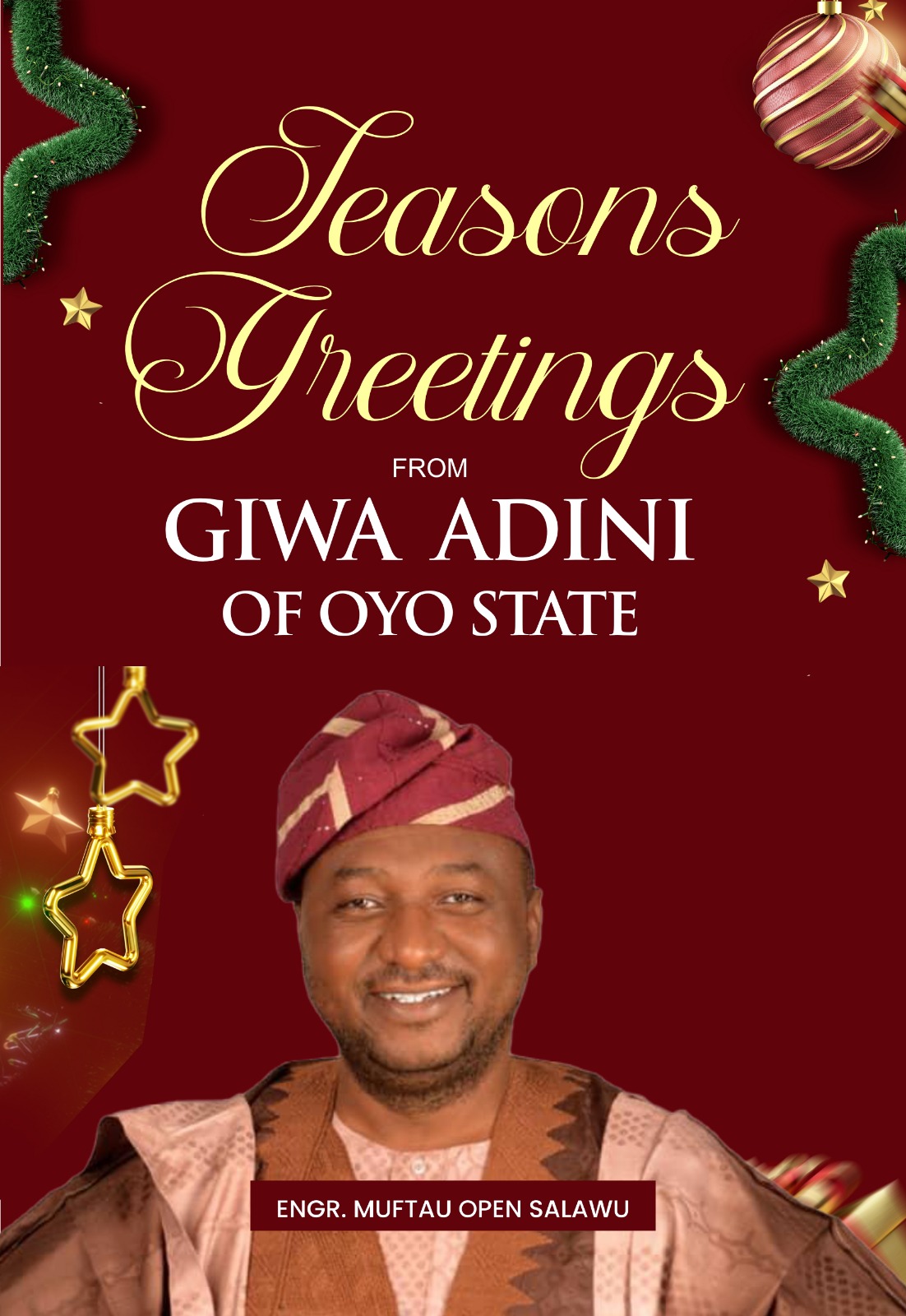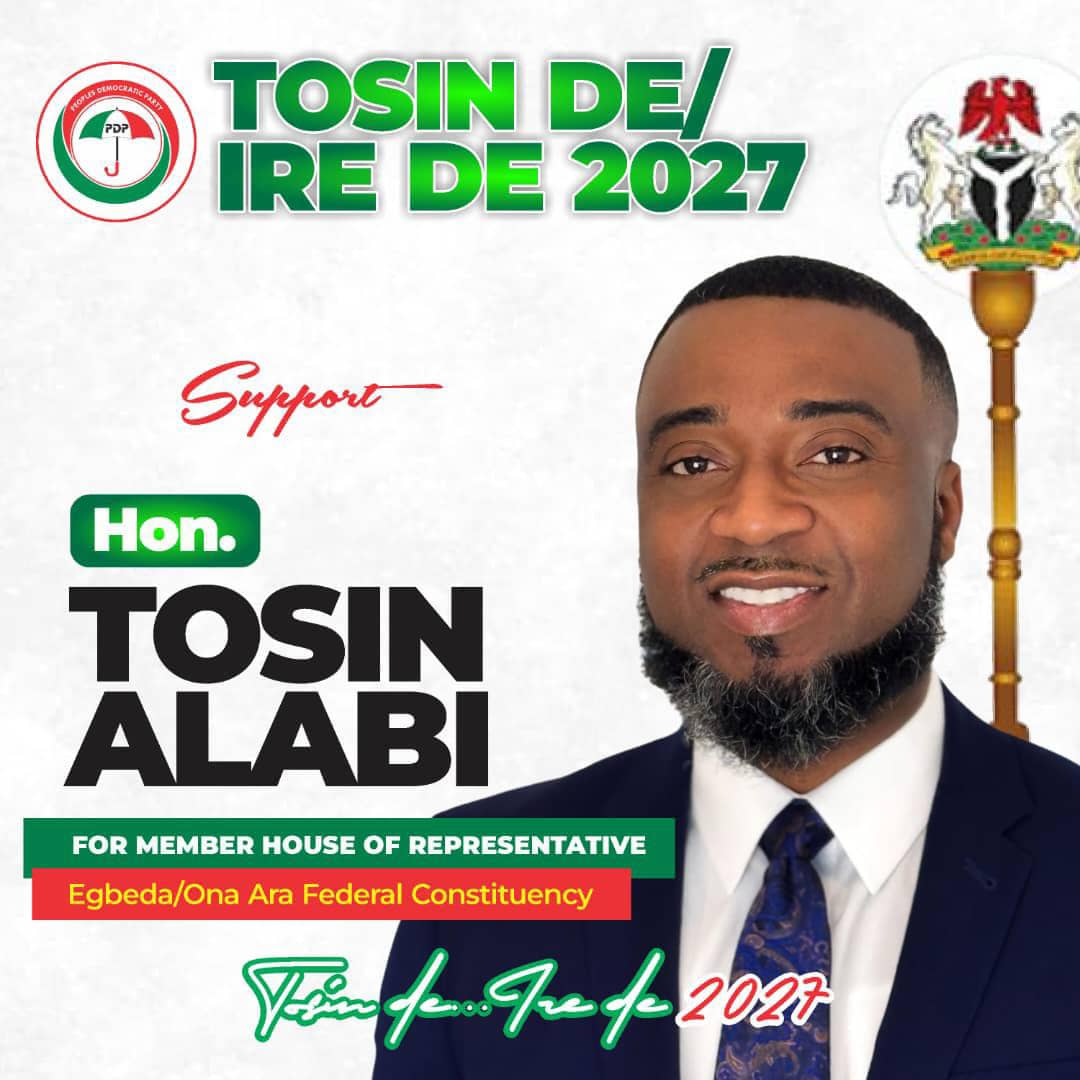Two contestants as Senate representatives on the Joint Council/Senate selection board for the appointment of the next vice-chancellor of the University of Ibadan, Professor Ademola Dasylva and Professor Adesoji Fasanmade have faulted the outcome of the election.
The election held on September 21, 2020, had produced Professor Ezekiel Ayoola and Professor Peter Olapegba as Senate representatives for the appointment of the 13th Vice-Chancellor of the university.
In separate petitions to the University of Ibadan governing council, both Dasylva and Fasanmade described the process and outcome of the election as technically compromised, fraught with procedural improprieties, devoid of transparency, technically faulty and ridden with irregularities.
Pointing to various irregularities, the petitioners asked the university council to nullify the election that produced Ayoola and Olapegba and conduct a fresh election.
Advancing his reservations, Dasylva posited that there was no record of valid nominations, the names of contestants, their proposers and seconders were shrouded in secrecy, e-voting platform was compromised and manipulated while there were no credible pieces of evidence that Dasylva and Fasanmade were declared winners of the election.
In what he described as travesty of an election process, Dasylva also spoke of possessing evidence of camp voting, while Ayoola and Olapegba were favoured to emerge so as to favour one of the VC candidates, Professor Kayode Adebowale.
Parts of Dasylva petition read, “There was no record of valid nominations, nor any display of valid nominations duly presented to the Senate and the University community
“As part of the rules governing electoral process, at the close of nominations, the names of contestants, their proposers and seconders, are usually made available to the electorates and to the general public. This was not the case with regard to the said election.
“It is apparent that the platform for the e-voting was compromised and manipulated. To be sure, there were two windows associated with the platform. One was meant to display the cumulative votes, while the other was to display the actual votes that accrued to each of the contestants.
“At the beginning of the voting exercise, a request was made for the open display of the voting process, namely the two windows, for close public viewing in order to ensure transparency. “Unfortunately, this was not done. Instead, the tellers were given a link through which they could check vote counts.
“There are credible pieces of evidence that the two candidates who were declared the winners of the election (Prof. Ezekiel Ayoola and Prof Peter Olapegba) were openly and publicly associated with one of the aspirants for the Vice Chancellorship position, i.e. Prof. Kayode Adebowale.
“The evidence had been in the public domain, leading to demands from some quarters for the two contestants to recuse themselves and withdraw from the contest.”
In a similar petition, Fasanmade also decried that the list and details of eligible members of Senate who had been accredited to vote in the election (hard copy or electronically) were not displayed before the election to enable confirmation of details and validation of those eligible to participate in the election.
Fasanmade also alleged that a number of Senate members were disenfranchised from voting as they did not receive the email containing the link to the voting platform on the day of the election.
Furthermore, Fasanmade wrote, “The distribution of the votes in the final result released does not follow the binomial distribution expected of ‘free and fair’ elections.
“Indeed, it is unprecedented that the two candidates earlier identified as being ‘candidates’ for a particular applicant would receive 60 per cent of all votes cast, leaving the remaining seven candidates sharing the remaining 40 per cent of votes.
“My ‘end-of-voting poll’ suggests that I should have received more than the number of votes ‘allotted’ to me.
“There are confirmed reports of ‘conference voting’ in some offices on Campus. This violates the most important principle of ‘e-voting’ which is the enablement of individual voting from individual personal computers. The question begging for an answer is if the voters who undertook conference voting normally go to the said offices to read their emails on a daily basis.”
Speaking on the development, Director of Public Communications, University of Ibadan, Mr Olatunji Oladejo said though writing of such petitions were typical of the processes towards the selection of the university’s Vice-Chancellor, he said the management of the university will appropriately examine the petitions.
“The development is not new in the university. Petitions were written in 2010 and 2015. However, the management will look into the current petitions appropriately,” Oladejo said.























